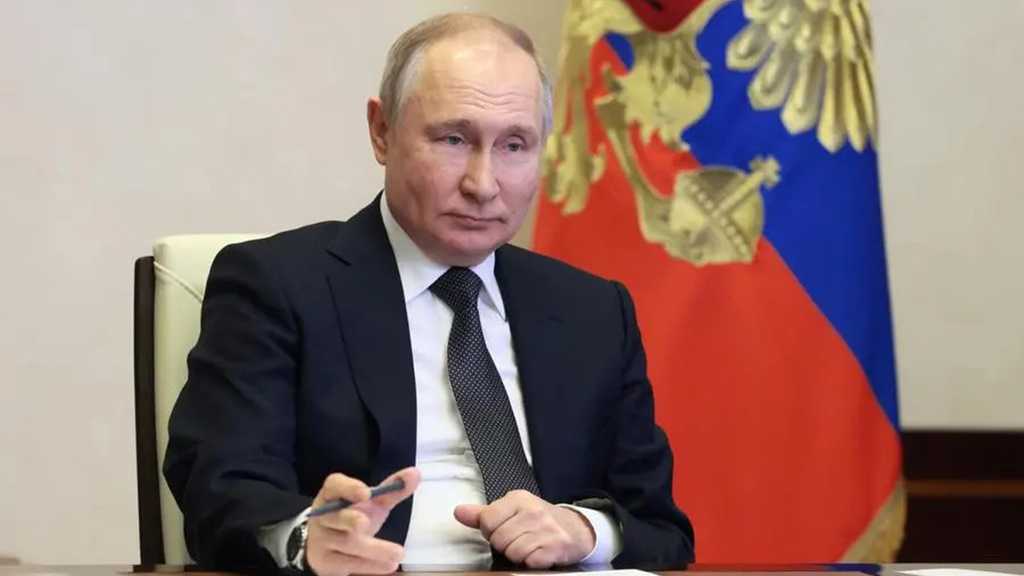By Al Ahed Staff, Agencies

Russian President Vladimir Putin has approved a new foreign policy in a bid to confront the Western "hybrid war" against Russia.
Putin agreed to an updated version of the nation’s foreign policy concept, with a focus on Western efforts to undermine Russia amid the Ukraine conflict, media reported on Friday.
The Russian leader explained that the key document had to be altered due to “drastic changes” in the international landscape.
Putin declared the change in Moscow's strategy at a meeting with members of Russia’s Security Council, which included, among others, Russian Prime Minister Mikhail Mishustin, Defense Minister Sergey Shoigu, and Foreign Minister Sergey Lavrov.
Expanding on the key provisions of the new strategy, Lavrov said Russia views the West as an "existential" threat to its nation.
Our new policy reflects “revolutionary changes on [Russia’s] external perimeter which received a visible boost after the start of the special military operation” in Ukraine more than a year ago, Lavrov added.
Western capitals' anti-Moscow efforts, particularly the efforts made by Washington to undermine Russian interests, have been highlighted in the new document.
“The United States and their satellites have used measures, taken by the Russian Federation to protect its vital interests regarding Ukraine, as a pretext to escalate their long-standing anti-Russian policies, and have unleashed a hybrid war of a new type,” the document reads.
The paper depicts the West's efforts as a "hybrid war" seeking to “weaken Russia in every possible way,” including by undermining its military, economic, and technological potential as well as aiming to “limit its sovereignty in external and internal politics and to erode its territorial integrity.”
The paper further adds that Moscow “does not see itself as the West’s enemy, does not isolate itself from it, and harbors no hostile intentions towards it.”
According to the 42-page document signed by the president, Russia expects Western powers to “recognize the futility of confrontational policies and hegemonic ambitions” and to eventually return to pragmatic cooperation with Russia based on mutual respect.
“The Russian Federation is ready for dialogue and cooperation on such a basis,” the concept stresses.
The previous foreign policy document, which was signed in 2016, pursued the war against terror, boosting international cooperation, enhancing Russia’s global footprint, and safeguarding the nation’s sovereignty.

No comments:
Post a Comment